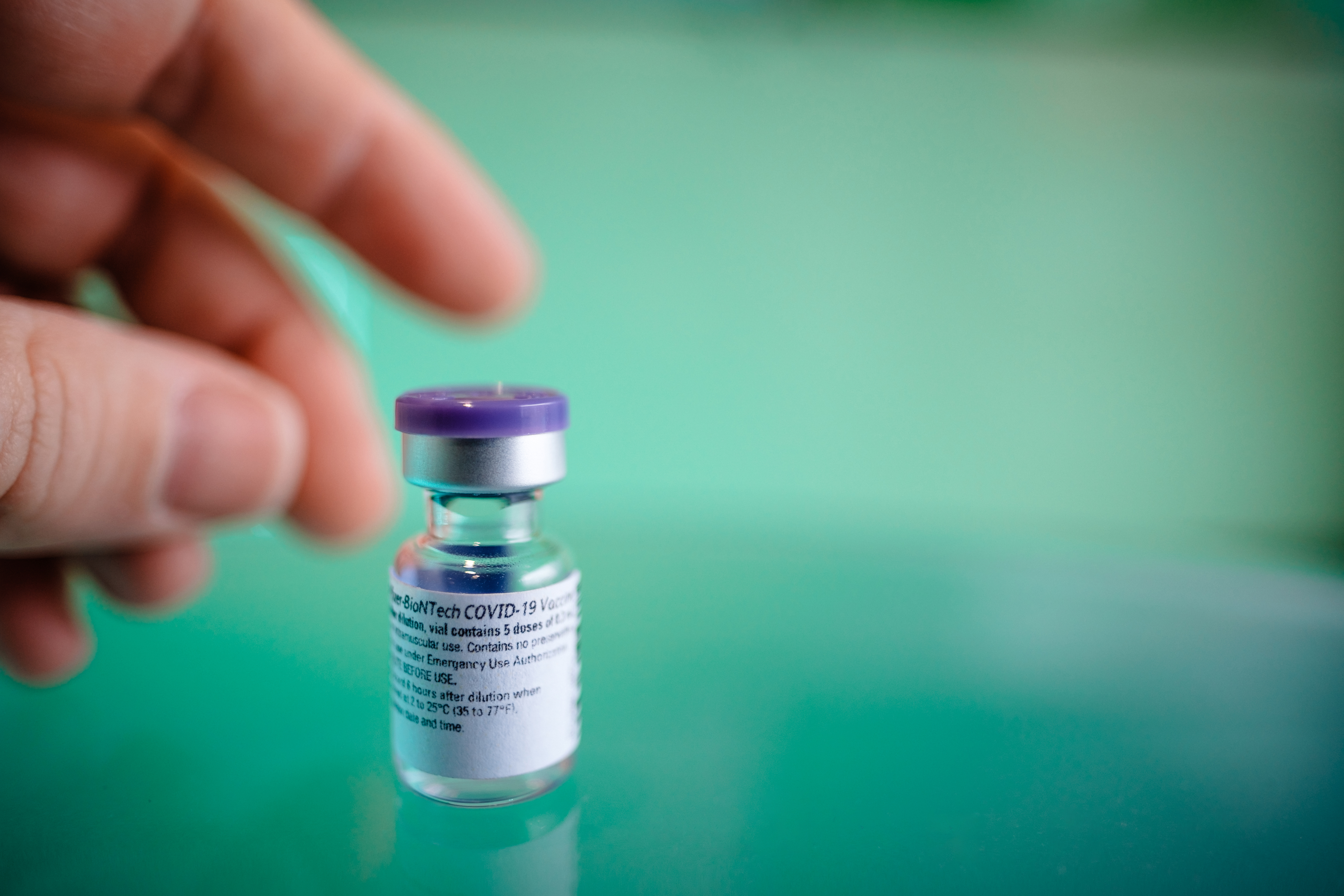Pfizer starts dosing patients with its Omicron COVID shot

Pfizer and partner BioNTech have started their clinical trial of a new version of their COVID-19 vaccine that has been specifically designed to protect against the Omicron variant.
The trial in 1,420 adult patients aged 18 to 55 will include dosing with the partners' existing Comirnaty mRNA-based vaccine with the Omicron-based jab in a mix-and-match approach that will be used to determine the best combination.
One group will involve subjects who have received two doses of Comirnaty between 90 and 180 days before enrolment, who will receive either one or two doses of the new Omicron version.
A second – in people who have been given three doses of Comirnaty – will compare a single booster dose with either Comirnaty or the new shot, and a third will look at three doses of the Omicron vaccine in unvaccinated individuals.
The start of the trial comes right on schedule, helping Pfizer and BioNTech to keep their earlier pledge of being ready for a possible launch of the Omicron version in March.
They have said that even if they do need to switch to producing a new version there will be no change expected to their four billion dose capacity for 2022.
The new trial has been able to get going quickly because some participants have been borrowed from the companies' ongoing phase 3 trial of a booster dose of Comirnaty.
Last week, another investigator-led study found that a third shot of Comirnaty raised antibody levels against Omicron to a level previously reached against Delta after two doses.
"Current research and real-world data show that boosters continue to provide a high level of protection against severe disease and hospitalisation with Omicron," said Pfizer's head of vaccines R&D Kathrin Jansen.
"We recognise the need to be prepared in the event this protection wanes over time and to potentially help address Omicron and new variants in the future," she added.
The Omicron variant is estimated to account for more than 99% of cases in the US as of 15 January, according to data from the Centres for Disease Control and Prevention (CDC), and is also dominating across Europe and other parts of the world.
BioNTech chief executive Ugur Sahin said that while vaccines continue to offer protection against severe disease caused by Omicron, "emerging data indicate vaccine-induced protection against infection and mild to moderate disease wanes more rapidly than was observed with prior strains."
Moderna has also said it has started work on an Omicron-directed version of its mRNA vaccine, saying earlier this month that is also about ready to start clinical testing and could be available in the autumn.
Both companies are running the risk of a new variant emerging that could render their new Omicron-directed shots obsolete, although new versions may still be closer to the new variant than the original strain.
Some companies – including Moderna – have started work on multivalent shots that could provide cover against multiple variants, while Valneva has said its whole, inactivated vaccine could have an advantage as it stimulates the immune system to recognise multiple viral proteins and could be less vulnerable to escape variants.
Feature image copyright BioNTech SE 2020, all rights reserved













